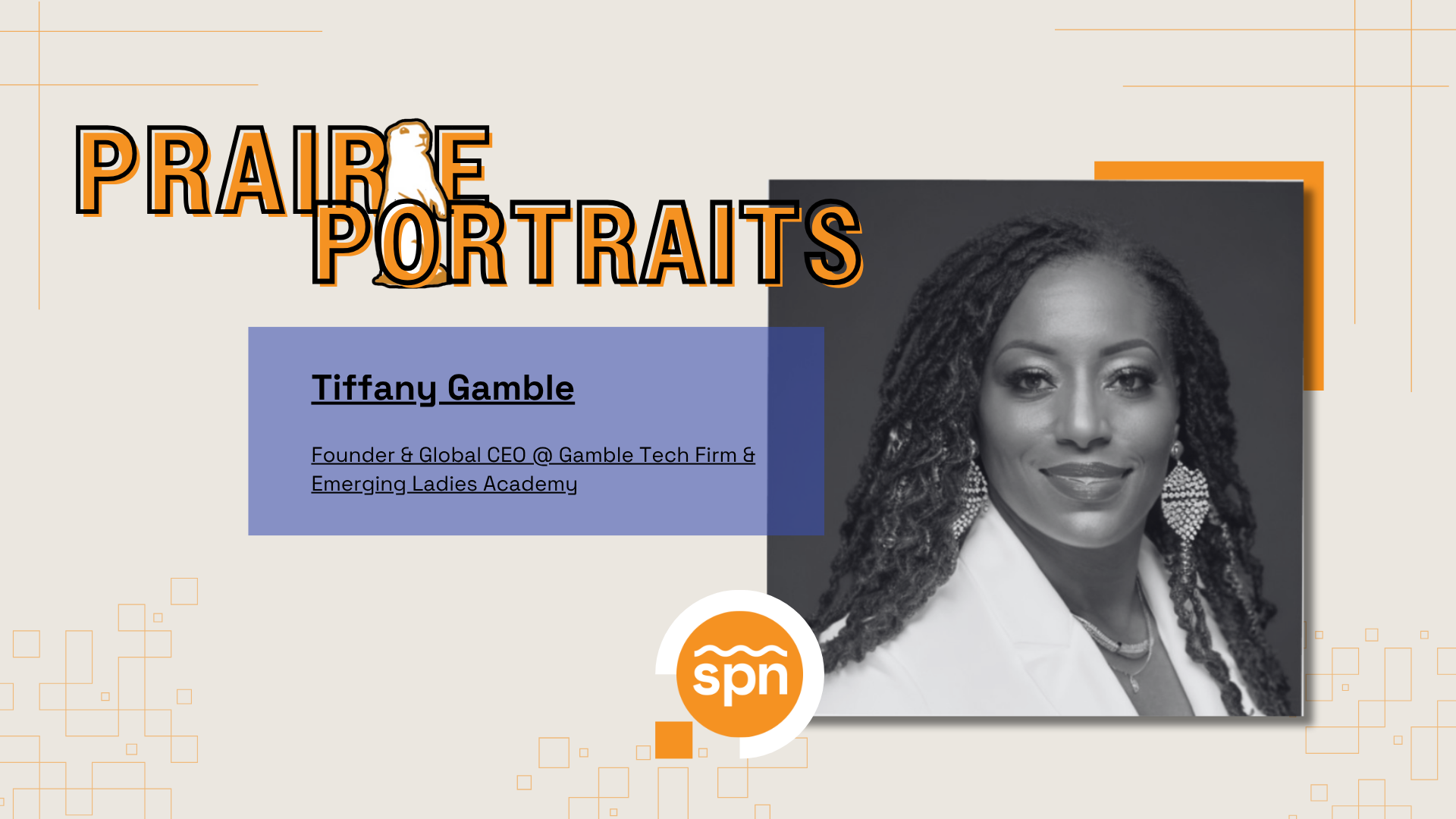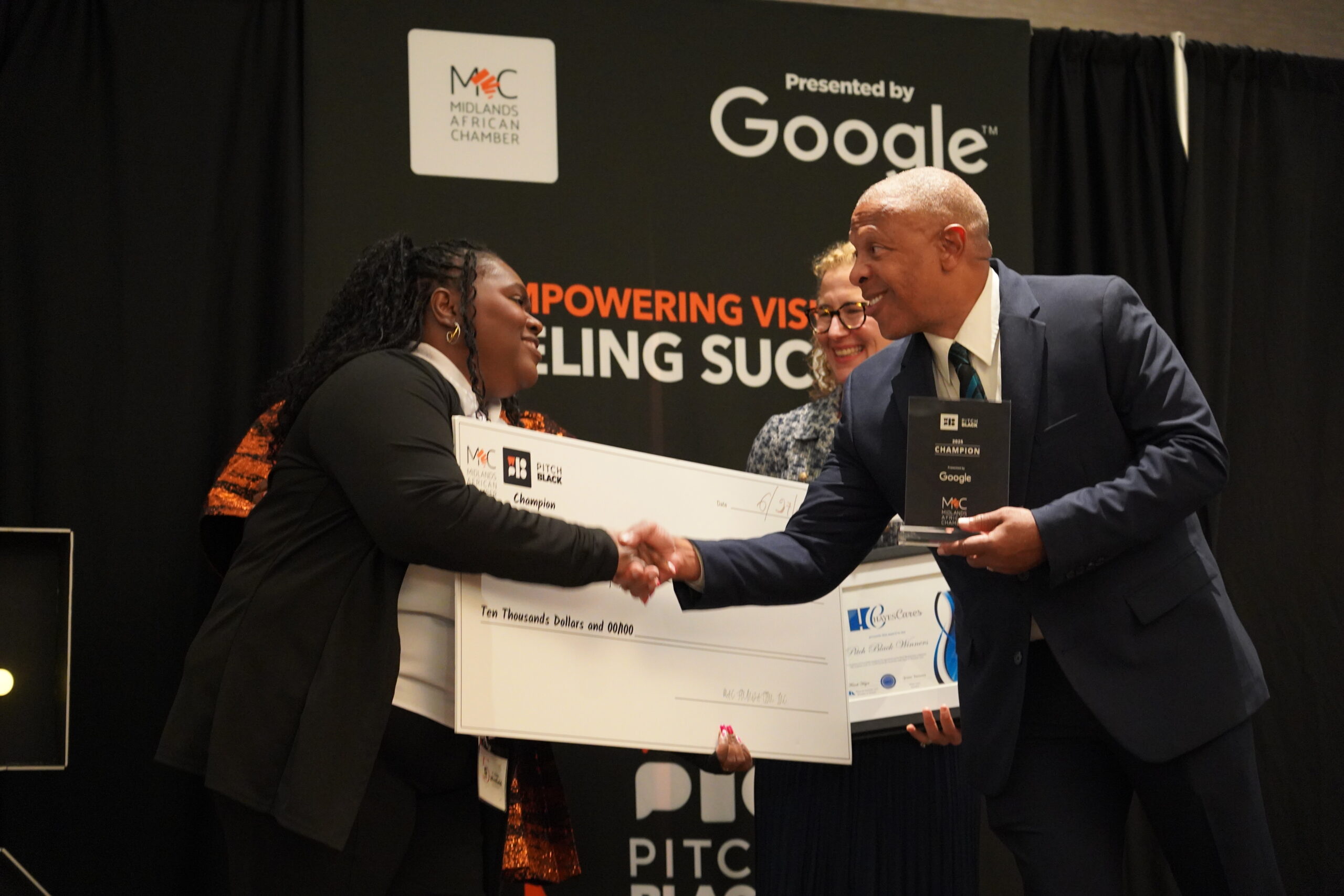
 Almost 70 percent of Kansas City students aren’t reading or performing math at grade level. How things got there is up for debate, but just about everyone agrees there isn’t a quick fix. That doesn’t mean there isn’t room for lots of small, meaningful solutions.
Almost 70 percent of Kansas City students aren’t reading or performing math at grade level. How things got there is up for debate, but just about everyone agrees there isn’t a quick fix. That doesn’t mean there isn’t room for lots of small, meaningful solutions.
Katie Boody and Carrie Markel, co-founders of The Lean Lab, are Teach for America alums who had the opportunity to see schools around the country. They found educators don’t have a community to collaborate on creative ways to improve their classrooms—they’re on an island, weathering a tide of rising standards and larger classrooms.
“We have to acknowledge our kids aren’t where they need to be, and innovation is one way to get them there,” Boody said.
With Lean Lab, they want to create that community and build tools that improve schools, however small the steps. After its first four-week accelerator took educators and others—including a local principal, a Fulbright scholar, a candidate for county legislature and a local business owner—through lean methodology, prototypes, business models and pitches, they’re ready to demo the results at 4 p.m. Friday at the Sprint Accelerator, 210 W 19 Terrace. Many of the projects have lined up pilots with schools in KCK, KCMO, the Blue Valley School District and a number of charter schools. All of them started with the goal of solving a pain point in urban KC schools.
The initiatives
- FlashGrade, led by Connor Nowalk, a tech solution to make grading instant and paperless.
- My SisterGirl, Myself, led by Cecilia Belser-Patton, is an adolescent girl, peer-to-peer mentoring program.
- Youth Powered, led by Lynessa Cook, is a skill-based platform connecting local businesses with urban youth talent.
- Trauma Sensitive Schools, led by Beth Sarver, is a holistic school-based approach to combating trauma experienced by urban youth.
- ELL Teacher Archive, led by Aditya Voleti, is a comprehensive screening system that assesses recent immigrants’ native language literacy levels, math skills and gives teachers cultural context tools.
- ProjectBrightSpots.com, led by The Lean Lab, is a digital platform highlighting the “bright spots” of teaching and learning across Kansas City.
It’s fitting to host demo day at one of KC’s homes for startup activity, which just wrapped up its first Techstars class. Boody told SPN the local startup community was the inspiration behind their model.
“The entrepreneurial and arts community has been blowing up,” she said. “I started meeting tech CEOs and went from there. The startup culture was remarkable, and so welcoming. There wasn’t one exact problem I wanted to solve, there were a lot. An accelerator model seemed appropriate for addressing a beleaguered system.”
She hopes entrepreneurs will come out to the demo day, and maybe want to get involved. A number have already volunteered their time, including Nick Schulte of Red Nova Labs and BetaBlox co-founder Alex Altomare, who is on the nonprofit’s board. They work with anyone who’s dedicated to helping schools—with a focus on the urban core—but the more entrepreneurs in the mix, the better.
“Many [educators] have that entrepreneurial mindset but don’t know they do,” she said. “Just about all of them have ideas for how to make things better.”
The education accelerator is moving fast to give them more opportunities to grow their ideas, too. This fall they’re starting Lean Lab 201, a program that will usher current fellows—members of the program—into a full school year’s worth of building, iterating and piloting a project with a partner school they’ve secured.
“How can we get teachers and entire school districts to think about entrepreneurship in different ways?” Boody said. “An app or project doesn’t have to be the next Amazon. It can be as simple as a way to get kids back from the bathroom faster.”
There’s big potential for this type of program though. Boody says they’re talking with people in D.C., Louisiana and elsewhere about Lean Lab and possible partnerships. She’s happy to give them advice and hand it off to someone in the community. Whatever happens, she believes it needs to start with the people invested locally.
Fortunately, KC is a city that rallies around its own, she said.
“It may or may not be unique to KC, but the community is distrustful of outsiders coming in. It’s an opportunity to leverage our fellows, who know KC.”



